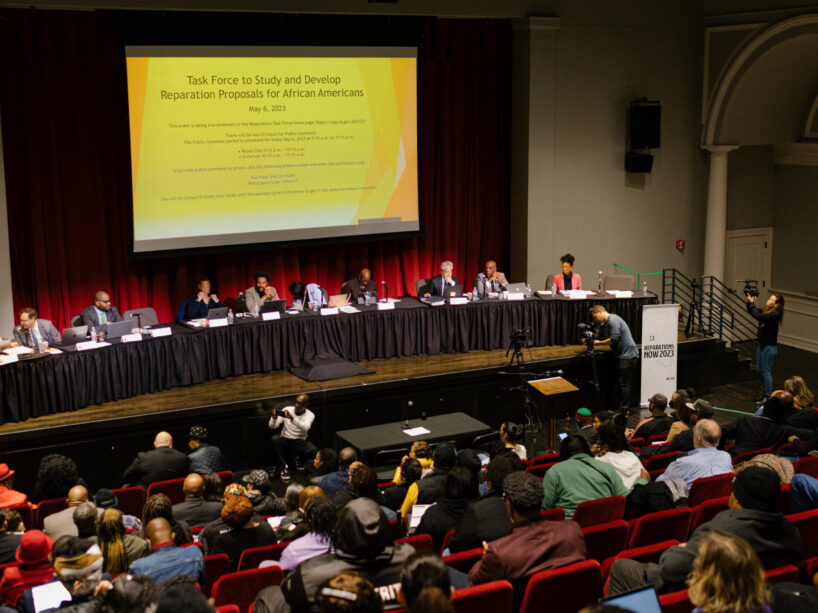"I have a dream that my four little children will one day live in a nation where they will not be judged by the color of their skin, but by the content of their character."
Martin Luther King Jr.
In a controversial move, the California Reparations Task Force has recently called for racial discrimination to be legalized in the state, arguing that it is necessary to "remediate anti-black bias" and provide reparations to black residents. The task force, which was established last year by Governor Gavin Newsom, is tasked with examining the impact of slavery and institutional racism in California and developing proposals for reparations.
Let's go back a few decades in progress
According to the task force's report, which was released earlier this month, the state should amend its constitution to allow for "targeted, race-specific" reparations to be awarded to black Californians. The report recommends awarding $1.2 million in reparations to each eligible black resident, citing the "persistent and continuing impact of slavery and Jim Crow segregation" on black communities.
While the idea of reparations has gained momentum in recent years, the task force's call for legalized discrimination has sparked widespread controversy and backlash. Critics argue that the proposal violates the principle of equal protection under the law and could open the door to further discrimination against other racial and ethnic groups.
Furthermore, the task force's report does not specify how eligible black residents would be identified, raising concerns about the potential for abuse and fraud. Some have also questioned the feasibility of providing such a large sum of money to each eligible resident, noting that the cost could run into trillions of dollars.
Ongoing harms should be handled with the community
Supporters of the proposal, however, argue that it is necessary to address the historic and ongoing harms suffered by black communities in California. They point to the fact that black Californians face significant disparities in areas such as health, education, and income, and argue that reparations are a necessary step towards achieving racial justice and equity.
The debate over reparations and racial discrimination is a complex and contentious one, with no easy answers or solutions. While it is important to acknowledge and address the historic injustices suffered by black communities, it







